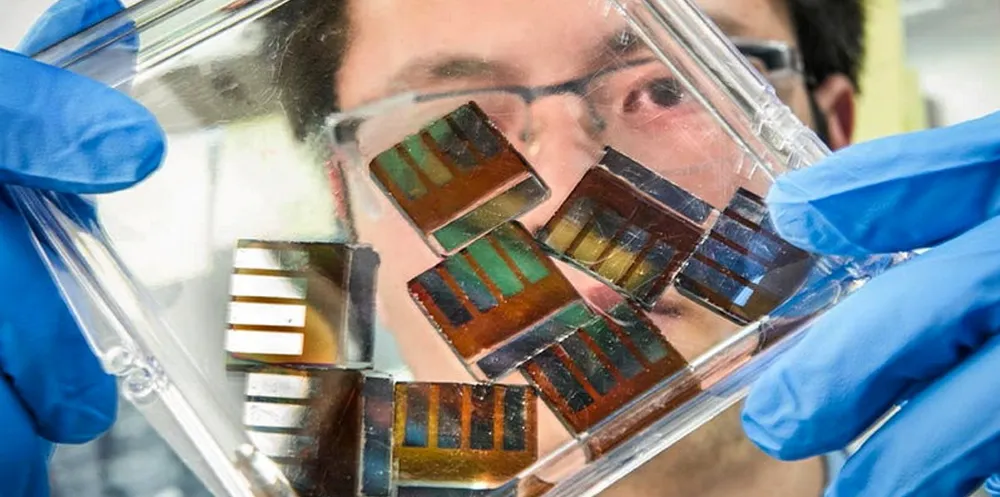US solar supply chain build pulls in $3bn in 'Made in America' R&D and manufacturing bill
Bipartisan 'American Competes' plan aims for step-change in country’s approach to global science and innovation leadership on economic, geopolitical and security grounds
